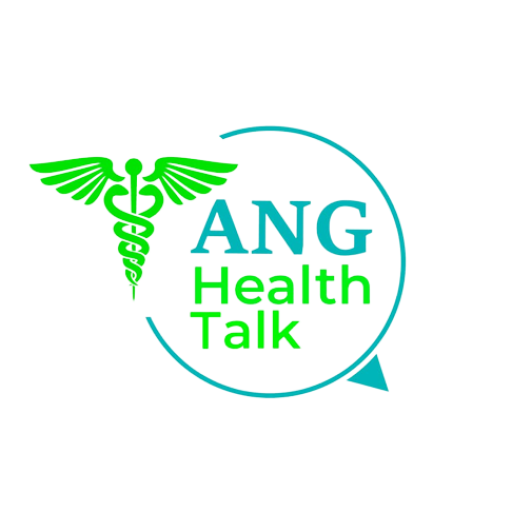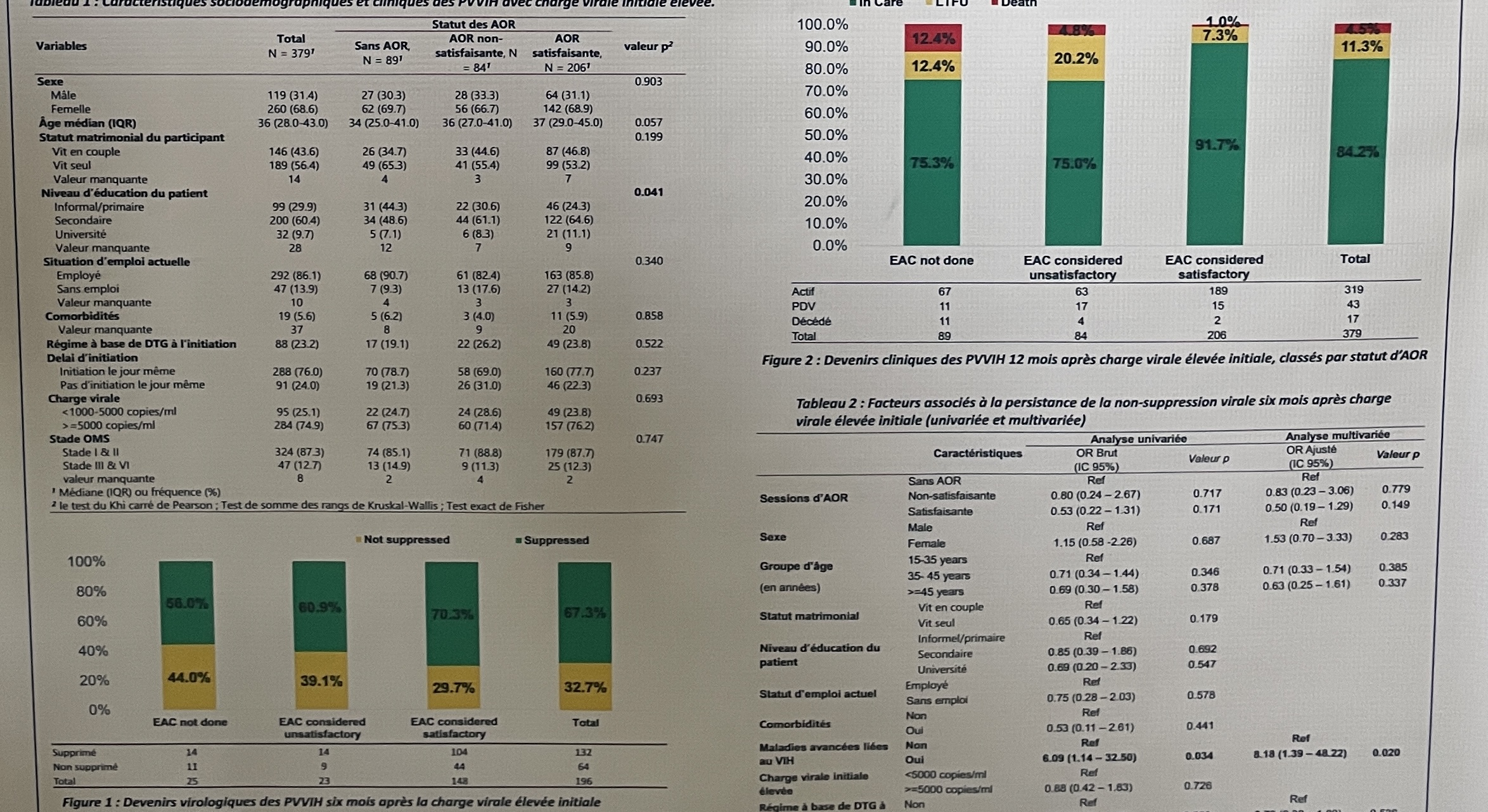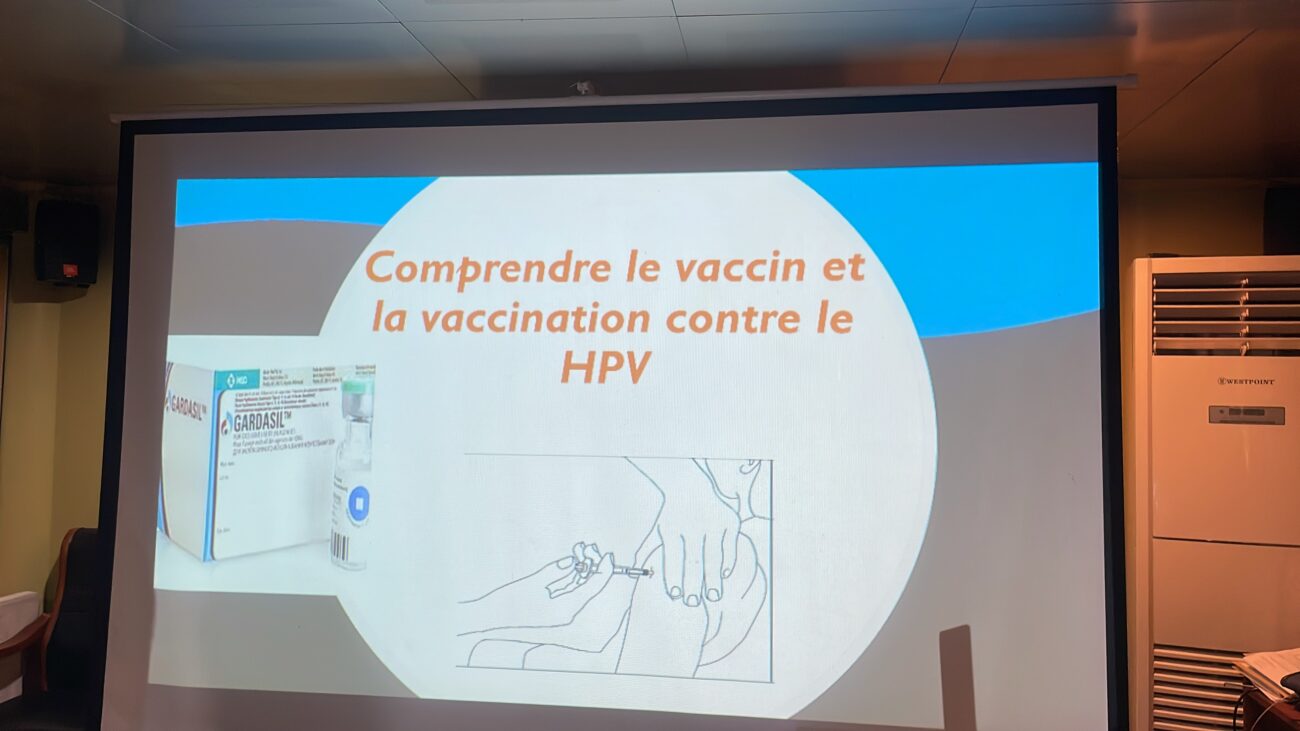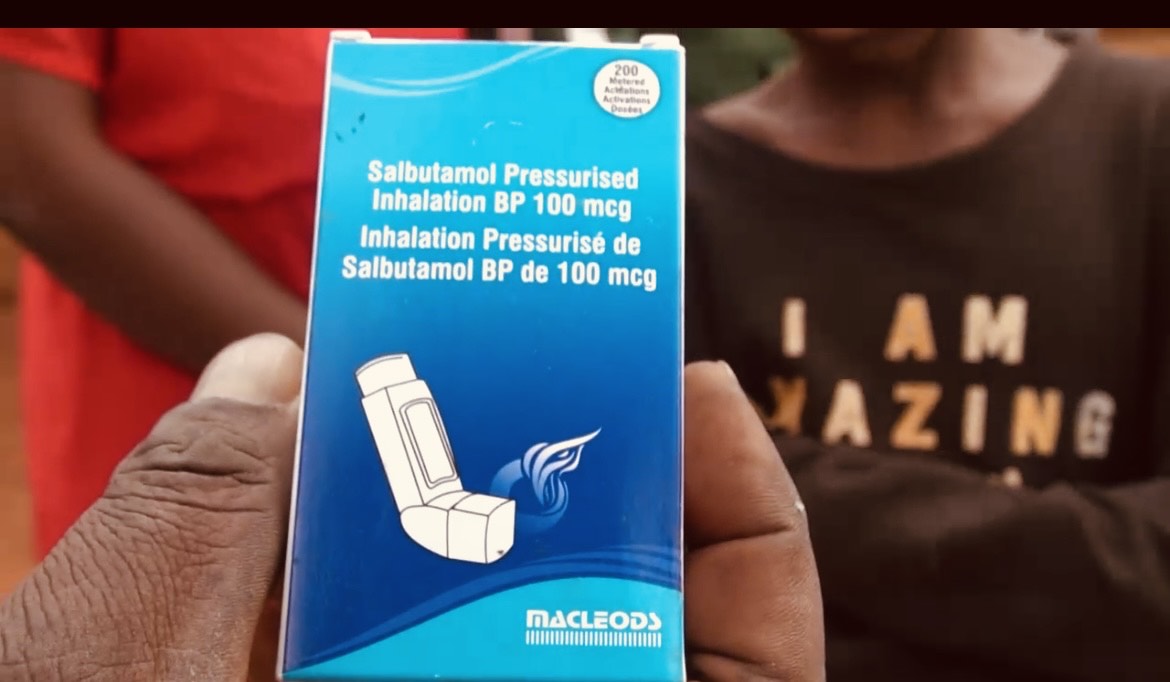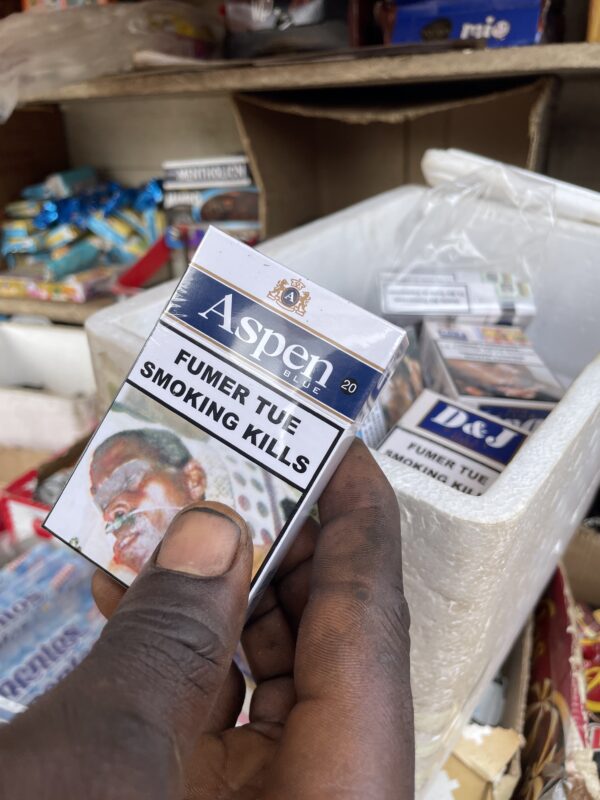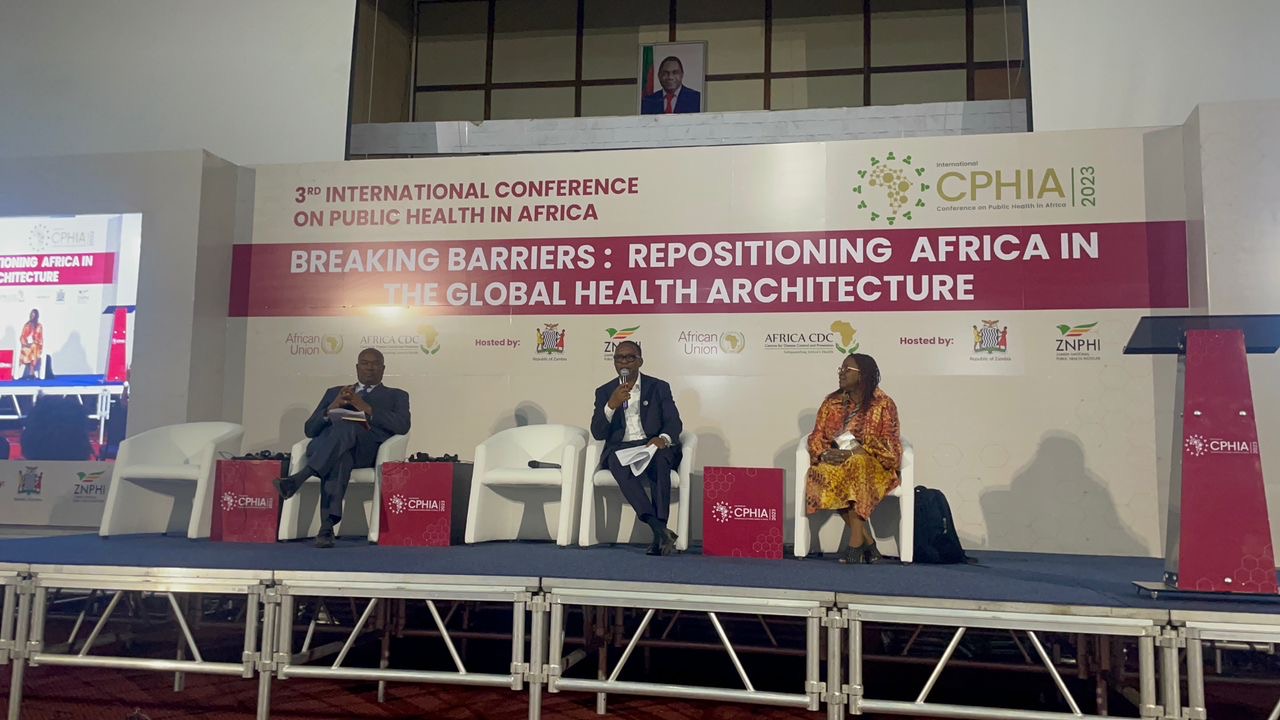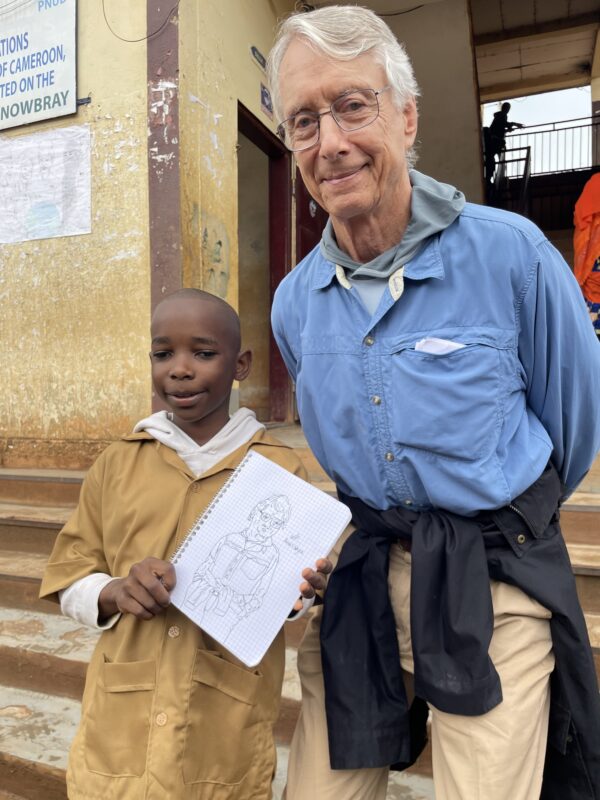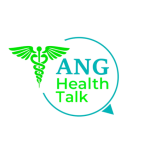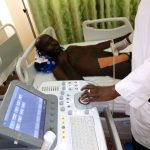« Giving people living with HIV (PLHIV) a helping hand with their treatment can make a big difference, lowering their risk of dying. » A recent study shows.
Acho Fon Abongwa is a Cameroonian medic experienced in clinical and programmatic management of HIV/AIDS and other related diseases working with the Elizabeth Glaser Pediatric AIDS Foundation (EGPAF).
His recent analysis on HIV viral load suppression was among the 329 Poster presentations selected for the 2024 International Conference of the French Alliance of Health Care Stakeholders Against HIV – AFRAVIH held at the Yaounde Conference Center from April 16th- 19th.
The team of researchers from the Elizabeth Glaser Pediatric AIDS Foundation – Cameroon, found that, by reinforcing enhanced adherence support sessions people with high viral loads can get their health back on track.
The analysis conducted in 2023 focused on determinants of persistent unsuppressed viral loads and clinical outcomes twelve months after high viral load in adults on antiretroviral treatment.
« From the data of over three thousand PLHIV who began treatment between October 2019 and September 2020 in 72 hospitals and who did a viral load test, we evaluated 379 patients with high vial loads.
They were classified into three groups; Enhanced Adherence Counseling (EAC) considered satisfactory, unsatisfactory and EAC not done. » Dr Fon Acho explains.
The results revealed that PLHIV who benefited from satisfactory EAC sessions had higher viral re-suppression (70.3%) than PLHIV with unsatisfactory EAC (60.9%) and without EAC (56.0%) six months after the initial high viral load.
« When it is done well it works! You see those who did not do their EAC sessions were below the 70% W.H.O recommended suppression rate. It is important to engage people and make them more engaged in taking their drugs. » Dr Fon Acho insisted.
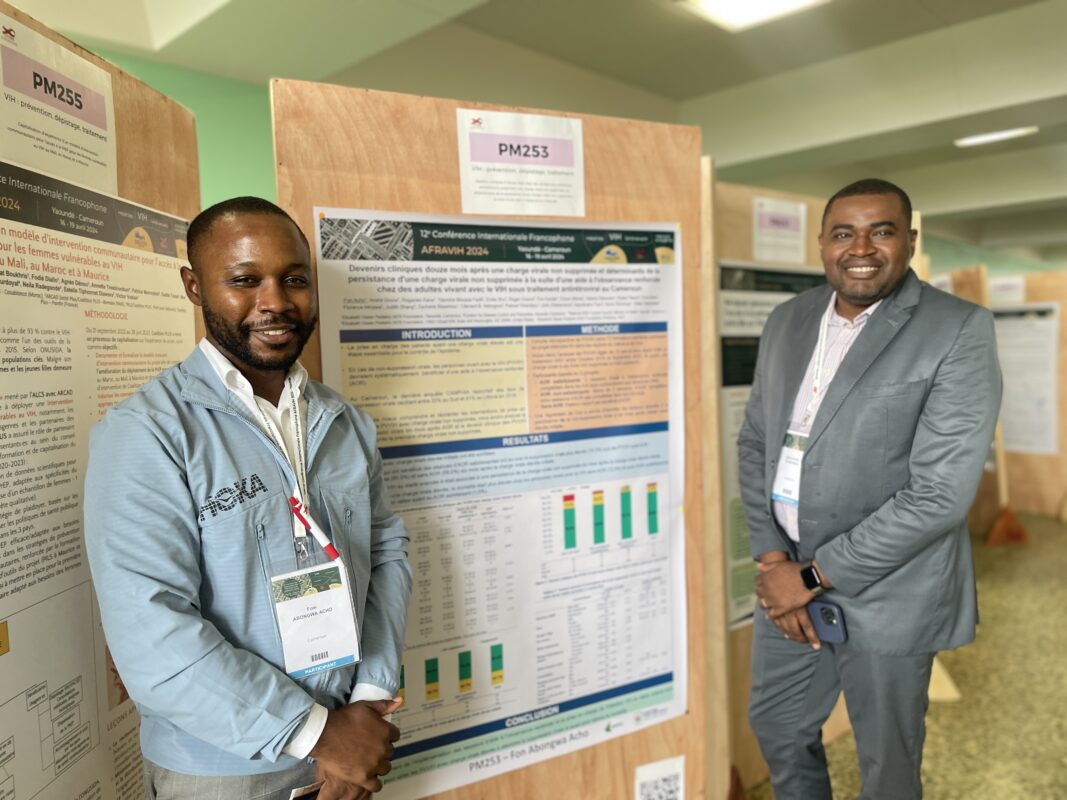
The research also highlighted the importance of early detection and management of advanced HIV infection, as this can significantly impact treatment.
PLHIV who started antiretroviral treatment at an advanced HIV disease stage (AIDS), were at a higher risk of not suppressing after EAC.
EGPAF equally organised a symposium at the same AFRAVIH conference led by its Vice President for Technical Strategy and Innovation, Prof Appolinaire Tiam, elaborating their strategy for the care of PLHIV with Advanced HIV disease in Cameroon and Cote d’Ivoire.
« 12 months after a high viral load, mortality was higher in people living with HIV without EAC (12.4%) and those with unsatisfactory EAC(4.8%) than in those who had satisfactory EAC (1.0% ). « The analysis showed.
Cameroon was estimated by W.H.O to be home to 480,232 people living with HIV in 2022, making the epidemic a major health threat.
The findings of this study thus make a significant contribution to the management of HIV in Cameroon. Strengthening the implementation of enhanced adherence support sessions and management of advanced HIV infection are crucial to help PLHIV with high viral load achieve viral suppression and also reduce mortality.
